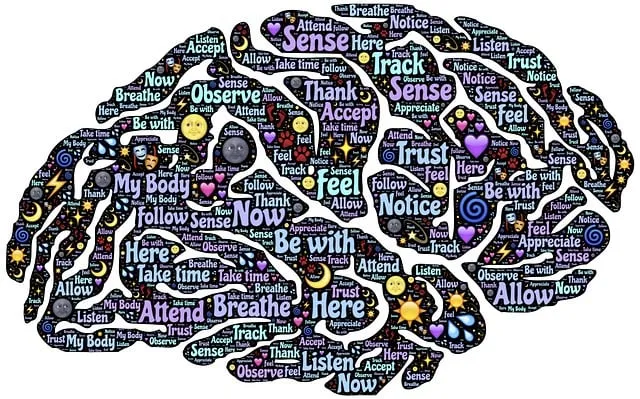The Kaiser Permanente mental health facility in Arvada prioritizes cultural competency through mindfulness and emotional healing practices, bridging gaps, improving patient outcomes, and strengthening community relationships. They lead training for mental health facilities nationwide, emphasizing risk assessment techniques for compassionate, culturally sensitive care based on Mind Over Matter principles. Continuous training on diversity and burnout prevention is crucial for healthcare providers to effectively connect with diverse patients, while programs focused on mental health awareness address cultural barriers to stress and burnout.
Cultural competency training is an indispensable component of modern healthcare, ensuring providers can deliver empathetic and effective care to a diverse patient population. This article explores this critical topic, beginning with an in-depth look at cultural competency in healthcare and its significance. We then present Kaiser Permanente Arvada as a successful model for mental health facility training, showcasing how comprehensive programs can drive positive change. Finally, we offer practical strategies for healthcare providers to enhance their cultural sensitivity, emphasizing the impact on patient outcomes.
- Understanding Cultural Competency in Healthcare: A Necessary Approach
- Kaiser Permanente Arvada: A Model for Mental Health Facility Training
- Practical Strategies for Enhancing Cultural Sensitivity Among Providers
Understanding Cultural Competency in Healthcare: A Necessary Approach

In today’s diverse healthcare landscape, cultural competency is no longer an option but a necessity. At Kaiser Permanente mental health facility in Arvada, recognizing and understanding the unique cultural backgrounds, beliefs, and values of patients is integral to delivering effective care. Cultural competency involves creating an environment where individuals from all walks of life feel seen, heard, and respected, fostering trust and enhancing the quality of services provided.
The approach emphasizes the importance of compassion cultivation practices, such as mindfulness and emotional healing processes, to bridge cultural gaps. By integrating these strategies, healthcare providers can better navigate complex interactions, ensuring every patient receives personalized care tailored to their mental wellness journey. This proactive approach not only improves patient outcomes but also strengthens relationships within the diverse communities Kaiser Permanente serves.
Kaiser Permanente Arvada: A Model for Mental Health Facility Training

Kaiser Permanente Arvada stands as a beacon of excellence in mental health facility training, exemplifying how cultural competency can transform healthcare delivery. This model facility incorporates Mind Over Matter Principles, emphasizing the interplay between mental and physical well-being. By integrating these principles into their training programs, Kaiser Permanente Arvada prepares mental health professionals to address the complex needs of diverse patient populations.
The approach extends beyond basic Mental Health Awareness, delving into comprehensive Risk Assessment techniques. This enables healthcare providers to identify and mitigate risks effectively, fostering a safer and more supportive environment for patients. Through such innovative practices, Kaiser Permanente Arvada sets a benchmark for cultural competency training in mental health facilities, ensuring that professionals are equipped to offer compassionate, culturally sensitive care.
Practical Strategies for Enhancing Cultural Sensitivity Among Providers

Cultural sensitivity is a cornerstone of quality patient care, especially in diverse communities like those served by Kaiser Permanente’s mental health facility in Arvada. To enhance this among healthcare providers, practical strategies include ongoing training on cultural competency and diversity. Regular workshops and simulations can help professionals understand the nuances of various cultural backgrounds, improving their ability to connect with patients from different walks of life.
Integrating burnout prevention strategies for healthcare providers is also vital. Mental health awareness programs can equip staff with tools to recognize and address cultural barriers that contribute to stress and burnout. Compassion cultivation practices have proven effective in fostering empathy and resilience among professionals, allowing them to offer more nuanced care tailored to individual patient needs.
Cultural competency training among healthcare providers is no longer a nice-to-have, but an indispensable necessity. As evidenced by Kaiser Permanente’s successful model in Arvada, comprehensive programs can significantly enhance patient care and outcomes, especially within mental health facilities. By embracing practical strategies that foster cultural sensitivity, healthcare providers can create more inclusive and effective environments, reflecting the diverse communities they serve. This approach ensures that every patient receives respectful, empathetic, and culturally competent care, ultimately improving healthcare accessibility and satisfaction.






